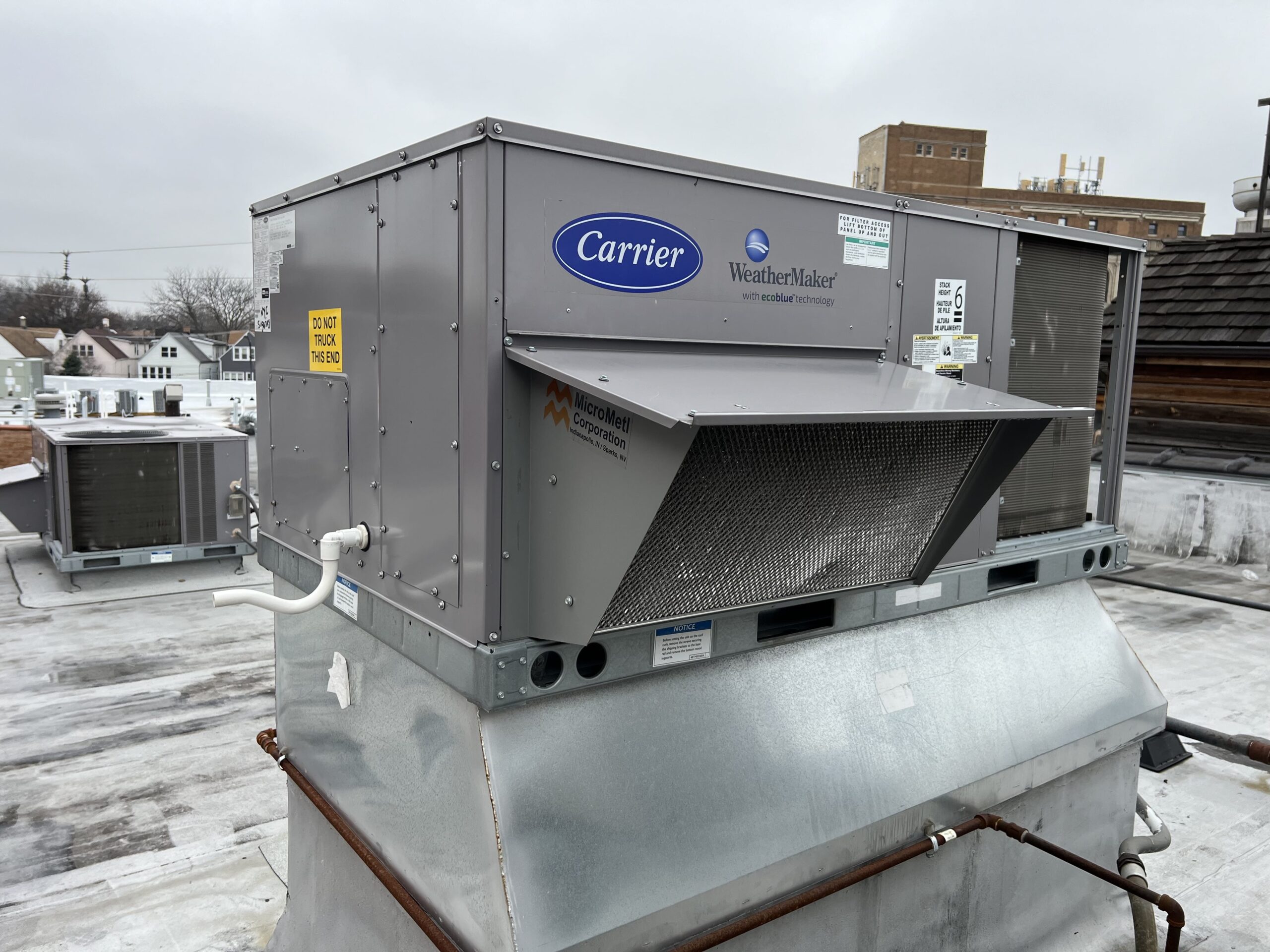Choosing the best HVAC system for your home is crucial for maintaining comfort, energy efficiency, and indoor air quality. With various options available, it's important to consider several factors before making a decision. Here is a comprehensive guide to help you choose the best HVAC system for your home:
Heat Pump: A heat pump provides both heating and cooling by transferring heat between the indoors and outdoors. It's an energy-efficient option but may not be suitable for extreme climates.
Hybrid System: Combines a heat pump and a furnace, utilizing the most energy-efficient option based on outdoor temperatures.
Energy Efficiency: Look for systems with high energy efficiency ratings. Check the SEER (Seasonal Energy Efficiency Ratio) for cooling and AFUE (Annual Fuel Utilization Efficiency) for heating. Higher ratings indicate better energy efficiency. Consider ENERGY STAR certified systems, which meet stringent energy efficiency guidelines and can help you save on utility bills.
System Size and Capacity: Proper sizing is crucial for optimal performance. Oversized or undersized systems can lead to inefficiency, discomfort, and increased wear and tear. Consult with a professional to determine the right size based on your home's specific requirements.
Consider Zoning and Controls: Zoned HVAC systems allow you to control temperature settings in different areas or rooms independently. This improves energy efficiency by only heating or cooling occupied spaces.
Indoor Air Quality: Consider HVAC systems with built-in air filtration, humidification, or dehumidification features to improve indoor air quality. This is particularly important if you have allergies or respiratory sensitivities.
Noise Levels: Research the noise levels of different HVAC systems, especially if noise is a concern for you. Look for units with lower decibel ratings for quieter operation
Installation and Maintenance: Choose a reputable HVAC contractor with experience in installing and maintaining the specific system you select. Proper installation is crucial for optimal performance and efficiency.
Long-Term Costs: Evaluate the long-term costs, including equipment price, installation, maintenance, and potential energy savings over time. Consider the lifespan of the system and any available warranties.
Assess Your Heating and Cooling Needs
Determine the climate zone you reside in to understand your heating and cooling requirements. Evaluate the size of your home, including square footage and the number of rooms. Consider the insulation levels, windows, and overall energy efficiency of your home.Understand HVAC System Types
Furnace and Air Conditioner: This traditional setup includes a furnace for heating and an air conditioner for cooling. They can be paired with either a central ductwork system or ductless mini-split units.Heat Pump: A heat pump provides both heating and cooling by transferring heat between the indoors and outdoors. It's an energy-efficient option but may not be suitable for extreme climates.
Hybrid System: Combines a heat pump and a furnace, utilizing the most energy-efficient option based on outdoor temperatures.
Energy Efficiency: Look for systems with high energy efficiency ratings. Check the SEER (Seasonal Energy Efficiency Ratio) for cooling and AFUE (Annual Fuel Utilization Efficiency) for heating. Higher ratings indicate better energy efficiency. Consider ENERGY STAR certified systems, which meet stringent energy efficiency guidelines and can help you save on utility bills.
System Size and Capacity: Proper sizing is crucial for optimal performance. Oversized or undersized systems can lead to inefficiency, discomfort, and increased wear and tear. Consult with a professional to determine the right size based on your home's specific requirements.
Consider Zoning and Controls: Zoned HVAC systems allow you to control temperature settings in different areas or rooms independently. This improves energy efficiency by only heating or cooling occupied spaces.
Indoor Air Quality: Consider HVAC systems with built-in air filtration, humidification, or dehumidification features to improve indoor air quality. This is particularly important if you have allergies or respiratory sensitivities.
Noise Levels: Research the noise levels of different HVAC systems, especially if noise is a concern for you. Look for units with lower decibel ratings for quieter operation
Installation and Maintenance: Choose a reputable HVAC contractor with experience in installing and maintaining the specific system you select. Proper installation is crucial for optimal performance and efficiency.
Long-Term Costs: Evaluate the long-term costs, including equipment price, installation, maintenance, and potential energy savings over time. Consider the lifespan of the system and any available warranties.

